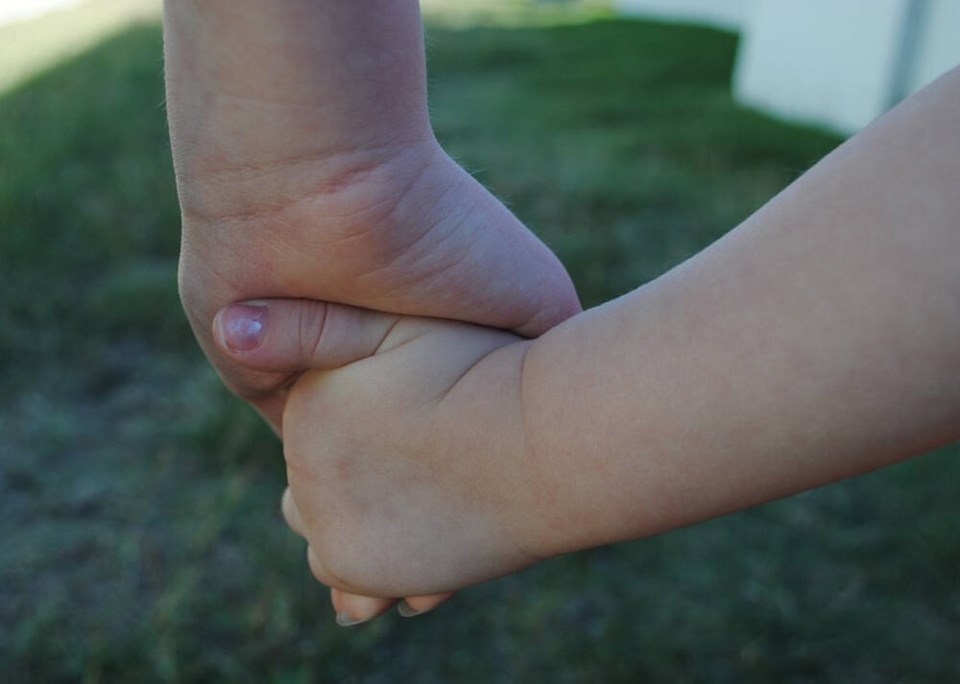The BC Human Rights Commissioner (BCOHRC) has released the early responses to a survey indicating poverty and housing are among the top concerns for service and rights-related organizations in the province.
In a news release, the Commissioner notes that of the more than 400 organizations that have responded to a “baseline” survey, so far, over a fifth cited either housing or shelter (12 per cent) or adequate income of poverty (eight per cent) as one of the top three human rights concerns.
The BCOHRC launched the survey earlier this month, which will close to comments on June 9. The responses are to help guide a multi-year effort to establish a baseline from which changes in the state of human rights in the province can be measured, the BCOHRC explained.
When it comes to poverty in the City of Delta, much work is already being done.
Council recently submitted an application for $50,000 in funding to the Union of BC Municipalities (UBCM) Poverty Reduction and Action program to hire a part-time poverty reduction coordinator to address priority issues identified in Delta’s Social Action Plan.
The city two years ago received a grant of $25,000 for a first stream of the UBCM program to conduct a poverty needs assessment and develop a poverty reduction action plan.
Delta’s Poverty Reduction Plan was presented to council in May 2022 and helped form the Delta Social Action Plan, which was recently endorsed by council.
It includes 20 actions to reduce poverty and improve food security in the community.
The poverty reduction coordinator will report to the city’s social planning manager, undertaking actions developed in consultation with the Delta Poverty Reduction Action group and Delta’s Community Voices Table.
The city’s poverty reduction action initiatives are to include, among other things, development of a Delta Citizen’s Academy “that aims to build and elevate leadership skills and confidence of community members with experience of poverty to be more influential change-makers in their community.”
According to the Delta Poverty Reduction Action Plan report, while the city is a relatively affluent community, with a smaller proportion of low-income residents than that of Metro Vancouver, higher average annual household incomes, fewer homeless people and a lower crime rate, pockets of poverty do exist throughout the community.
It impacts a disproportionate number of seniors, youth, immigrants, Indigenous residents and people with disabilities.
In Delta, the highest rates of income inequality exist in Tsawwassen and rural Delta and the lowest rates in North Delta, although there are pockets of high inequality throughout the city, the report notes.
As far as housing issues within Delta, core housing need appears to be greatest in North Delta, followed by Ladner and Tsawwassen.
When broken down by type of housing, renters fare more poorly, where 30 per cent of Delta renters are spending more than 30 per cent of their income on shelter, and 11 per cent are spending more than 50 per cent.




